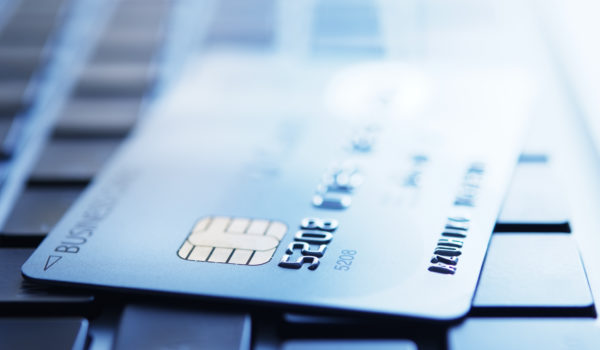In line with the Consumer Financial Protection Bureau’s (CFPB) 2022 initiative to reduce “junk fees,” on January 24, 2024, the CFPB proposed a rule affecting bank accounts and the application of non-sufficient funds fees. While not explicitly defined by CFPB, “junk fees” generally constitute fees to a consumer that are not included in the purchase price of a product and do not clearly provide the consumer with an understanding of the fee’s purpose. The CFPB has previously outlined examples of such “junk fees” to include “fees for late penalties, overdrafts, returns, using an out-of-network ATM, money transfers, inactivity, and more.”[1]
Proposed Prohibition of Certain Non-Sufficient Funds Fees
The CFPB proposed a rule prohibiting any non-sufficient funds (NSF)[2] fees when a transaction is declined in real time “right at the swipe, tap, or click.” An NSF fee is distinct from an overdraft fee, in that an overdraft fee occurs when a financial transaction exceeds the balance of the account and the charge is covered by the financial institution, whereas the NSF fee occurs when a financial transaction is declined because if it were to be approved, it would exceed the balance of the account.
While noting that many institutions have stopped charging NSF fees, the CFPB is addressing NSF fees due to the rise of non-cash transactions and the disparate impact of such fees on consumers with higher financial vulnerability, as some consumers may not be aware it is possible to draw beyond the balance of an account.
The proposed rule’s effect is limited to “covered transactions.” The CFPB defines a covered transaction as “an attempt by a consumer to withdraw, debit, pay, or transfer funds from their account that is declined instantaneously or near–instantaneously by a covered financial institution due to insufficient funds.”[3] This excludes checks and ACH transactions. While the CFPB does not define what constitutes “instantaneously or near-instantaneously,” the CFPB describes such transactions as involving real-time responses to transmission requests.
Comments on the proposed rule must be received on or before March 25, 2024. For more information, please contact the authors or any attorney with Frost Brown Todd’s Finance Industry Team.
[1] The Hidden Cost of Junk Fees. Consumer Financial Protection Bureau, February 2, 2022. https://www.consumerfinance.gov/about-us/blog/hidden-cost-junk-fees/
[2] Proposed Rule, Consumer Financial Protection Bureau RIN 3170-AB16, https://files.consumerfinance.gov/f/documents/cfpb_fees-for-instantaneously-declined-transactions-nprm_2024-01.pdf
[3] The CFPB relies upon existing definitions for “account” and “covered financial institution” as “account” defined in Regulation E, 12 CFR 1005.2(b) and “financial institution” defined in Regulation E, 12 CFR 1005.2(i), respectively.

